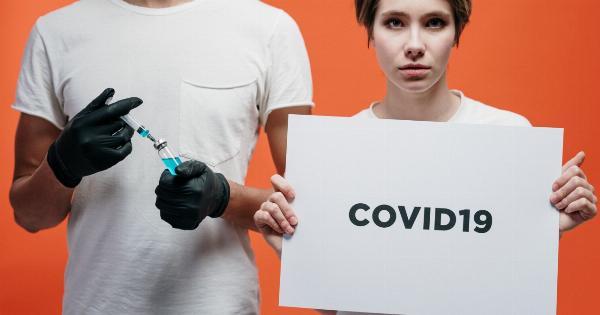The European Food Safety Authority (EFSA) has released a comprehensive report on the safety of sucralose, a widely used artificial sweetener.
According to the report, there is no conclusive evidence that sucralose is harmful to human health and it can be safely consumed as an alternative to sugar.
What is Sucralose?
Sucralose is an artificial sweetener that is made from sugar. It is widely used in low-calorie and sugar-free foods and drinks, as it provides sweetness without adding calories.
Sucralose is also known by its brand name Splenda and is commonly used in baking and cooking.
EFSA’s Evaluation of Sucralose
EFSA evaluated the safety of sucralose by reviewing all available scientific studies on the ingredient. The agency looked at data from animal studies, clinical trials, and human consumption studies.
The report found that while high doses of sucralose may have negative effects on the digestive system in animals, these doses were far higher than what humans are exposed to in their daily diets.
EFSA also noted that sucralose is not metabolized by the body and is excreted unchanged, meaning it does not accumulate in the body over time.
In addition, EFSA found no evidence that sucralose has a carcinogenic effect or that it poses a risk to reproductive or developmental health.
The report also noted that sucralose does not affect insulin levels or blood sugar levels in humans, making it an appropriate alternative sweetener for people with diabetes or those trying to limit their sugar intake.
The Debate over Artificial Sweeteners
Sucralose is just one of many artificial sweeteners that are used in foods and drinks today. However, there has been considerable debate over the safety of these sweeteners and their long-term health effects.
Many people are concerned that artificial sweeteners may be linked to cancer, weight gain, and other health issues. However, most studies have not found a clear link between these sweeteners and negative health outcomes.
Despite these findings, many people still prefer to avoid artificial sweeteners and choose more natural alternatives like honey or maple syrup.
However, for those who are looking for a low-calorie sugar substitute, sucralose and other artificial sweeteners can be a safe and effective option.
Using Sucralose as a Sugar Substitute
When using sucralose as a sugar substitute, it is important to use the proper measurements and follow the instructions on the package. Sucralose is much sweeter than sugar, so you will need to use less of it to achieve the same level of sweetness.
It is also important to note that sucralose may behave differently than sugar in some recipes, so it may be necessary to make adjustments to achieve the desired taste and texture.
Conclusion
The EFSA’s report on sucralose provides reassurance that this widely used artificial sweetener is safe for human consumption.
While there is ongoing debate over the safety of artificial sweeteners, the evidence suggests that they can be safely consumed as a substitute for sugar. However, as with any food or ingredient, it is important to use sucralose in moderation and follow the recommended use and serving sizes.





























